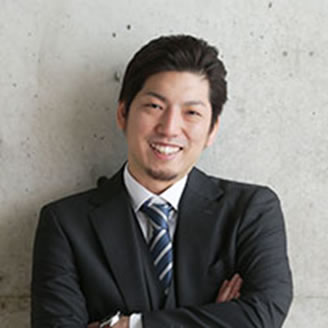Why did the program appeal to you and what was your experience?
I learned firsthand how to address complex social issues
Participating in this program made me think about what I can do when my expertise is not directly applicable. I think the difficulty of public policy research is that, unlike ordinary research, experimentation is not feasible. I learned firsthand that answers to solve society needs can be gained by thinking about how to move the real world where interests are intertwined in a complicated manner and then executing a plan.
A student who participated in the Leading program: Cross-Boundary Innovation Program/Graduate School of Pharmaceutical Sciences
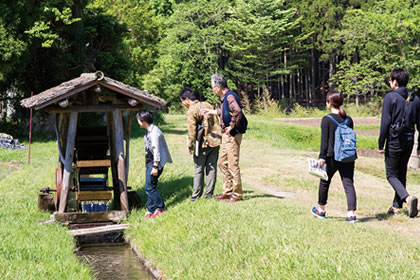
General Cross-Boundary Innovation Program: Sustainable social system for depopulated areas
Problem provided by: Keihoku area, Ukyo-ku, Kyoto City
Learning beyond the boundaries of a university: Some things can only be understood in the real field!
Previously, most of my learning was completed within the university. However, the Program’s classes “Public Service Learning” and “Project Learning” provided opportunities to engage in activities beyond the boundaries of the university. I gained practical awareness, which will be useful in the future.
In the Public Service Learning class, I did fieldwork as a volunteer at an non-profit organization, and I realized that there are things that can only be understood through contact with the field. This experience solidified my interest to continue providing support from a position close to the field.
A student who participated in the Graduate Minor Program: Doctoral Program for Multicultural Innovation/Osaka School of International Public Policy
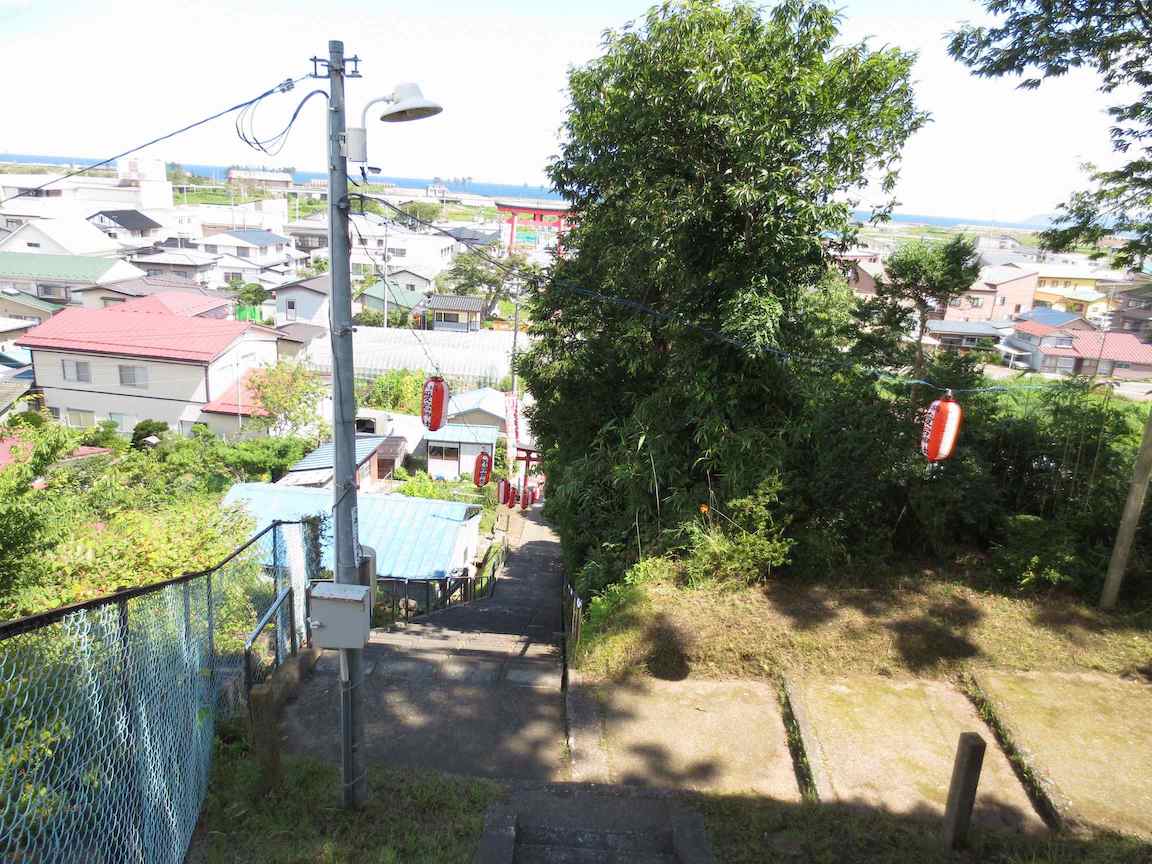
Fieldwork in Tohoku Region
Measurement instruments are used in our daily experiments… how do they work?
The program offers classes in which students can learn the mechanisms that underpin instruments used in our daily experiments. In the future, for example, if you want to devise a new working mechanism or improve part of an instrument, understanding the basic mechanism of the equipment is useful.
A student who participated in the Graduate Program for Advanced Interdisciplinary Studies: Basic Techniques of Detection and Measurements for Fundamental Sciences/Graduate School of Science
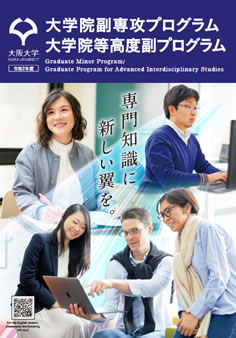
Acquired communication skills to execute a project with a multidisciplinary team
I conducted a research project with colleagues from the fields of engineering and information technology through trial and error. I presented the project’s outcomes at international conferences and in academic journals. Through discussions with members from different fields, I recognized that true communication requires talking about the essence of the agenda after understanding different perspectives and thoughts.
A student who participated in the Leading program: Humanware Innovation Program/Graduate School of Frontier Biosciences Osaka University
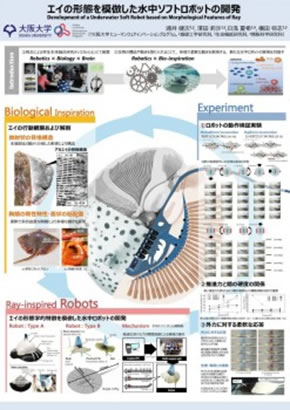
Through discussions with students from different fields, I can view research in my expertise area from multiple perspectives
In the laboratory, we conducted research on city planning and townscape design. Because one of the enrolled students was a working adult in the field of childcare design, we were able to ask for opinions on city planning from the perspective of a working adult and a child. Another student from the Graduate School of Letters gave us an opportunity to think about city design from a cultural perspective that we had not previously considered.
A student who participated in the Graduate Program for Advanced Interdisciplinary Studies: City Planning and Design/Graduate School of Engineering

Exposure to methodologies from various fields has broadened the scope of research in my major
I enrolled in the Graduate Program for Advanced Interdisciplinary Studies: Pragmatic Data Science with the hope that I would learn something that would benefit my major, namely, statistics.
The program offers five different courses across the humanities and sciences. Each one employs different methods to handle data. This exposure has broadened my thinking and I now look at data from different perspectives.
A student who participated in the Graduate Program for Advanced Interdisciplinary Studies: Pragmatic Data Science/Graduate School of Human Sciences

The impact of learning about areas not in one’s major on research
Realized that experiences in other fields can also be used to advance research in my major
I visited the project site six times and interviewed both local people and those who migrated into the community. My area of expertise only deals with quantifiable data such as numerical values obtained from experiments. So, this was my first experience dealing with information that was difficult to quantify such as people’s loyalty to their community.
Initially, I was perplexed by this ambiguity. However, I feel that the experience of dealing with information that differs from my typical activities and carefully tackling a single issue for six months will come in handy as I pursue specialized research in the future.
A student who participated in the Leading program: Cross-Boundary Innovation Program/Graduate School of Frontier Biosciences Osaka University
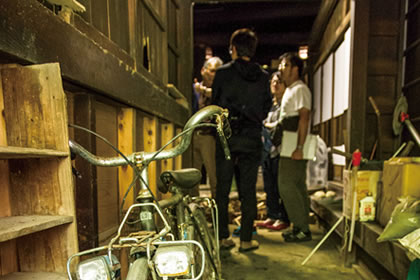
The General Cross-Boundary Innovation Program: Drawing the Future of Depopulated Areas
Problem provided by: Keihoku area, Ukyo-ku, Kyoto City
Learning different viewpoints also broadens and deepens the research in my major
Through the coursework, I acquired a perspective that allows me to view my area of specialization from different angles. Activities that seem completely unrelated to my research at first glance are eventually utilized in my research activities.
A student who participated in the Leading program: Cross-Boundary Innovation Program/Graduate School of Language and Culture
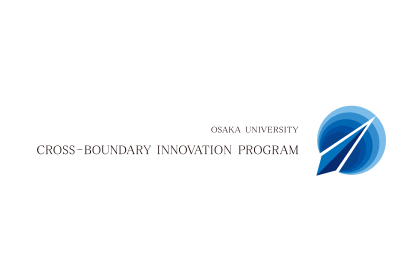
Gaining different perspectives has broadened and deepened the research in my major
I am more conscious of communicating the significance of my research. Unlike discussions in the laboratory where facts that have already been obtained are discussed, I realized that people outside the laboratory are interested in what my research can achieve in the future. This was significant because this made me look at my research from a different perspective and helped advance my expertise.
A student who participated in the Leading program: Humanware Innovation Program/Graduate School of Frontier Biosciences Osaka University
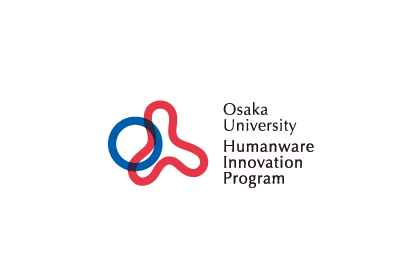
How do you balance the program with research in your major?
Actually, balancing the Program and research in my major was not burdensome because I chose the Program after carefully considering my availability and the class schedule. In fact, some lectures covered the same content as the courses in my major. I wanted to listen to all the lectures and felt that the Program was a way to improve my skills and raise my expertise.
A student who participated in the Graduate Program for Advanced Interdisciplinary Studies: Pragmatic Data Science/Graduate School of Engineering Science
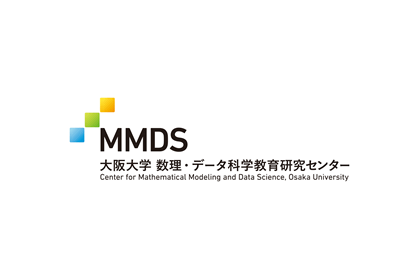
I grew in many ways. For example, I dramatically improved my ability to simultaneously work on multiple tasks by doing research in my major and work related to the Humanware program.
A student who participated in the Leading program: Humanware Innovation Program/Graduate School of Information Science and Technology

What triggered you to enroll in the Program?
Is laboratory research enough when productization involves much more, from design to marketing?
This question led me to enroll in the Graduate Program for Advanced Interdisciplinary Studies during my first year of graduate school. The classes in other graduate schools and my encounters outside the laboratory have become the starting point of my passion for manufacturing.
Mr. Teppei Tsushima/Developer of the wena wristTM
General Manager, Wena Project, New Business Creation Department, Sony, Inc.
Completed the Master’s Program in the Graduate School of Engineering/Participated in the Graduate Program for Advanced Interdisciplinary Studies
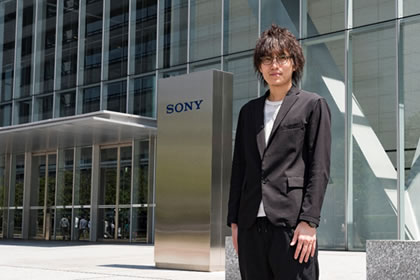
Research in the interdisciplinary field of astrobiology requires the ability to bring together different disciplines.
When I attended my first high-level biology lecture at university, I became fascinated by the mysteries of life. I enrolled in the Leading Program because I thought I needed the knowledge and skills to bring together different fields to become a successful researcher in an interdisciplinary field.
Dr. Ryo Mizuuchi/Project Research Associate at The University of Tokyo
Completed the Graduate School of Information Science and Technology/Participated in the Leading program: Humanware Innovation Program
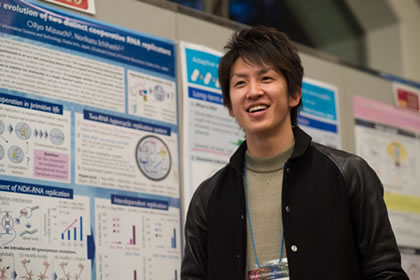
Current activities of Program graduates
My graduate education is being put to good use in my work
I handle diverse data in my work, most of which I did not touch during my undergraduate years. However, I am able to flexibly respond to data using the skills and methods that I acquired in the Leading Program.
Kento Tokuyama/Corporate Service Division, Ajinomoto Co.
Completed the Doctoral course at the Graduate School of Information Science and Technology and Leading program: Humanware Innovation Program.
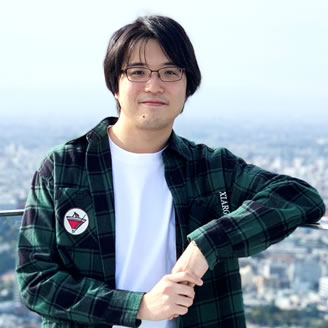
Starting a business based on what I learned in graduate school
Although balancing my graduate school research and the Program was challenging, I created and launched “Ecommons,” a database of educational materials created by everyone, as a project that makes use of all the knowledge I gained in a comprehensive manner.
Dr. Kotaro Yabunaka/Founded the IC Corporation
Completed the Doctoral course at the Graduate School of Law and Politics/Participated in the Leading program: Doctoral Program for Multicultural Innovation
